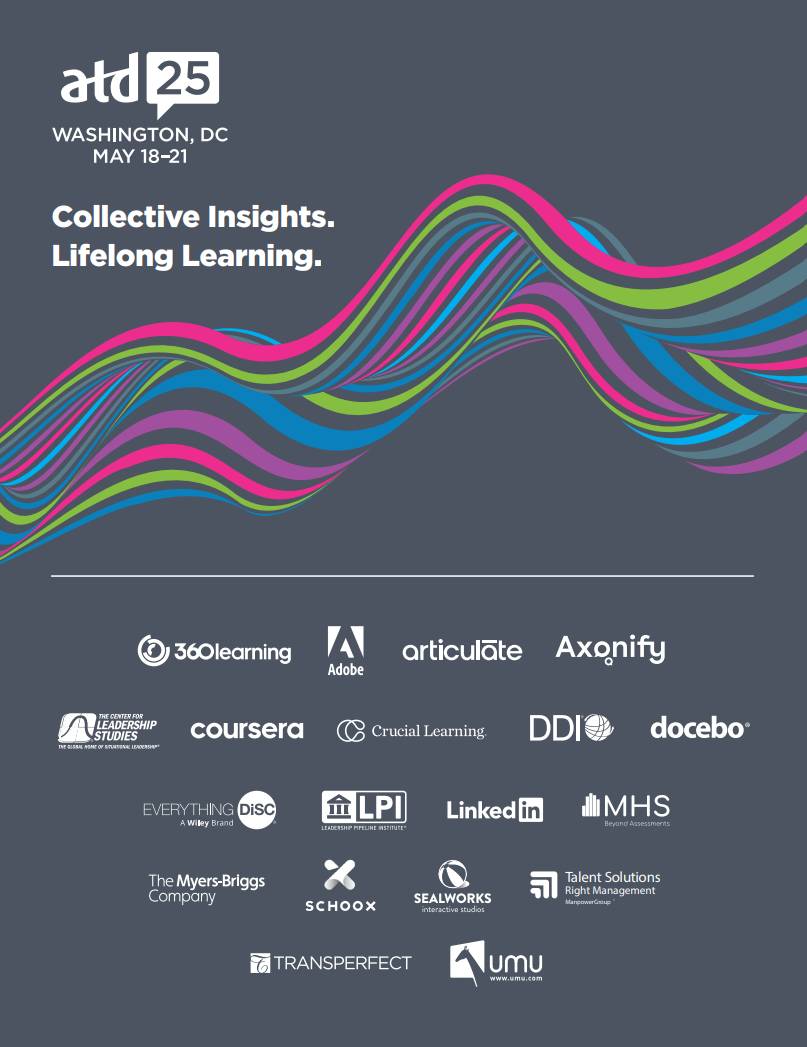Learning Stage
From Passive to Engaging: Leveraging AI for Impactful Self-Directed e-Learning
Tuesday, May 20, 2025
9:15 AM - 9:45 AM ET
Location: Learning Stage 4, EXPO, Lower Level
Sponsored By
.png)
Session Type:In-Person

Emma Thompson
Learning Experience Consultant
D2L
Speaker(s)
Learning needs to be engaging, flexible, and meaningful. Traditional learning experiences, such as webinars and completion-based e-learning, often fail to foster deep learning and long-term skill retention. In contrast, self-directed online learning incorporates best practices in learning design, offering learners the opportunity to engage with content at their own pace, apply knowledge in meaningful ways, and receive personalized feedback.
This session will explain how self-directed online learning can transform professional development and training—delivering lasting impact while making learning more accessible, scalable, and results-driven. By leveraging AI, organizations can allow instructors to create engaging self-directed courses that integrate existing webinars, learning outcomes, interactive activities, and an organization's mission and values—resulting in richer, more immersive learning experiences. This strategy is particularly valuable for corporations, organizations, and associations looking to enhance learner engagement—whether they have existing content or are building their learning resources from the ground up. You will learn how structured, self-paced online courses boost engagement, improve performance, and provide measurable outcomes, along with practical steps to begin this transformation.
Discover how transitioning from webinars to self-directed learning can help create more meaningful professional development and help to drive better learning outcomes at scale.
This session will explain how self-directed online learning can transform professional development and training—delivering lasting impact while making learning more accessible, scalable, and results-driven. By leveraging AI, organizations can allow instructors to create engaging self-directed courses that integrate existing webinars, learning outcomes, interactive activities, and an organization's mission and values—resulting in richer, more immersive learning experiences. This strategy is particularly valuable for corporations, organizations, and associations looking to enhance learner engagement—whether they have existing content or are building their learning resources from the ground up. You will learn how structured, self-paced online courses boost engagement, improve performance, and provide measurable outcomes, along with practical steps to begin this transformation.
Discover how transitioning from webinars to self-directed learning can help create more meaningful professional development and help to drive better learning outcomes at scale.
In this session, you will::
- Understand the limitations of traditional learning formats (e.g., webinars and completion-based e-learning) and explain how self-directed online learning enhances engagement, retention, and skill development.
- Summarize how AI-powered authoring tools can transform existing training content into structured, interactive, and immersive self-directed online courses.
- Identify approaches for transitioning from webinars to self-directed online learning, incorporating AI-driven tools to improve learner engagement, performance outcomes, and scalability.



